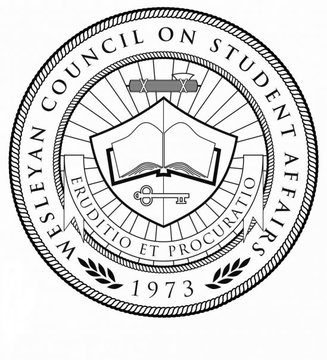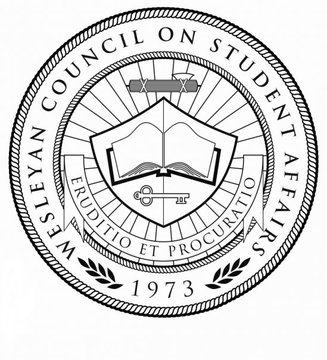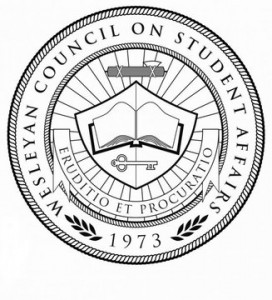At the Sept. 14 Wesleyan Council on Student Affairs (WCSA) meeting, senators put new budget submission policies to vote.
The rules in effect for budget submission last semester directly affected clubs and other student organizations; most organizations depend on WCSA as their main source of funding. But some of the rules were outdated.
“Changes have not been made for two years,” said junior John Littlehale, WCSA’s treasurer. He went on to present the revised guidelines.
According to the budget committees’ documentation, one of the new rules is that the treasurer “shall request monthly statements of appropriate accounts from the advisor or Student Involvement Office liaison to the budget committee.”
Also added to the budget committee documentation is the provision that, “Any remaining WCSA funds in club accounts at the end of an academic year shall be taken out.”
Littlehale emphasized the point that WCSA does not double fund; but previous guidelines did not allow for unforeseen consequences that could hurt an organization’s financial planning.
For example, in the past, if a group submitted a budget proposal to WCSA that covered the cost of an equipment rental, and the renter had to increase their rates after the budget was approved, WCSA would not fund the difference.
Now, the budget guidelines include—under their policy not to double fund—the language: “With exception of circumstances in which the organization is not in control.”
The proposed guidelines, which were voted on and approved by the budget committee last week, were unanimously accepted by the full senate.
To see WCSA’s budgetary guidelines, click here.
It was also announced that Matthew Schultz, a sophomore, was selected to serve on the Academic Policy Committee, and that Carson Shaw, a sophomore, was selected for the Women and Gender Committee.


